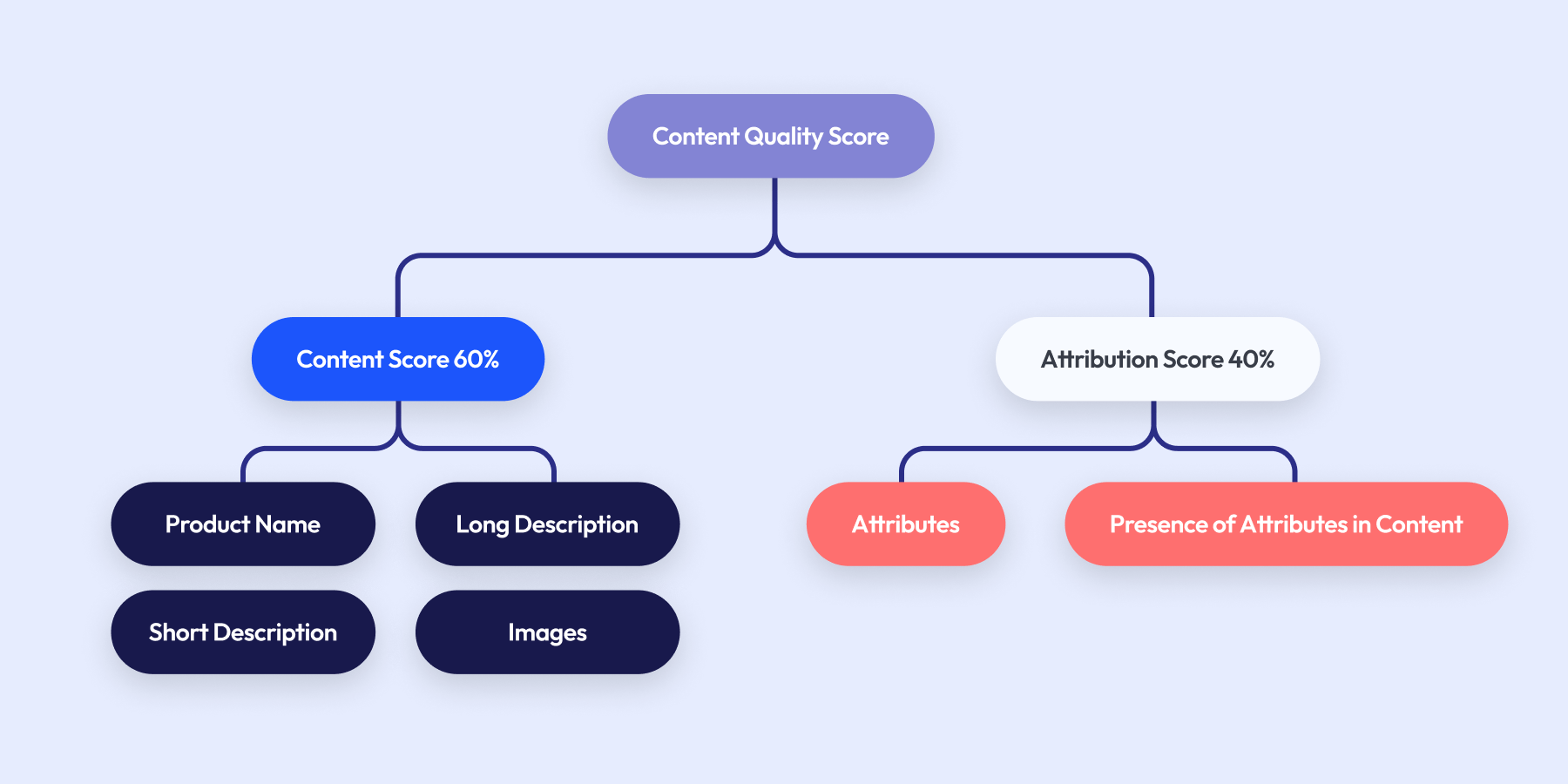As one of the largest retailers in the world, Walmart.com offers endless opportunities for scaling an ecommerce business and increasing household penetration. Despite being an established marketplace that most brands both large and small are playing in, many still struggle to achieve their full potential due to missing knowledge on how to best set your catalog up for both organic and paid success. Feeding dollars into a paid media strategy without first optimizing your catalog for organic performance is inefficient at best, and this blog aims to showcase the importance of being “retail ready” on Walmart.com before expecting accelerated growth out of your media spend.
The search grid
If you sell on Amazon, you are familiar with a search grid, but no two search grids across retailers are exactly the same. Walmart.com’s search grid is a treasure trove of insights that can be observed and pulled from to build up your retail readiness - from consumer behavior insights to competitive observations across pricing, promotion strategy, and new product innovation, to Walmart’s overall strategy and which directions the retailer itself is trying to push consumers and those selling on the platform (for example, think about the split of organic and paid placements within the grid, or what kinds of placements split up the search results).
Maintaining a high organic SOV within search increases visibility of your products to consumers, and because we know that all eyes take a glance at the top organic listings within search, it is critical that your products show in these high traffic spots, but getting there can be a challenge.
The importance of content
It has been well established that content is key in ecommerce. Content can make or break a conversion as consumers rely on content to build trust in the product they are buying, but your ecommerce content strategy can’t be a copy and paste model across retailers..
When talking about content in ecommerce, titles, bullets, and images usually come to mind. These are all incredibly important elements of content on Walmart.com, but they are a part of something bigger called the Content Quality Score, which is a quality scoring metric - but really more of a quantitative measurement - that is part of your organic success on Walmart.com and opens the door for efficient spending later on. Additionally, your CQS impacts the way that consumers view and trust your product in a sea of competition.
Every item in a catalog has a CQS, and that score needs to be 95% or higher to reap the potential benefits from high quality content. Walmart is consistently updating the Content Quality Score on a category-by-category basis, incorporating what they see as the most important product attributes to consumers. Items need to first be correctly categorized in order to fill in the correct attributes. Examples of product attributes based on a category could be flavor, color, nutritional contents, and beyond.
Speaking of attributes, every item in a Walmart.com catalog needs to have the correct back-end attributes filled out as part of the Attribution Score (an element of your CQS) and this process can be incredibly manual and time consuming - there are over 200 product attribute fields to fill out for any given item. Flywheel’s Walmart team has been studying product attribution and impact for years, and has developed a service called the Content Excellence Program, which was built to alleviate pains caused by product attribution at scale. You can learn more about the Content Quality Score and the Content Excellence Program by heading to the “Contact Us” section.

Organic optimizations open the door to efficient spending
With an enriched and optimized catalog, those selling on Walmart are bound to see increased organic search performance (SOV and organic rank). A catalog set up for retail readiness allows for beginning to truly dive into a media strategy as better organic placements help determine the most impactful in-grid placements to target. Improvements in organic rank also help alleviate relevancy hurdles and therefore help lower CPCs. We define this success as over-indexing in your search rank vs. your sales rank.
To bring this line of thought to life, say a brand has an item they are wanting to advertise to increase visibility of the product to consumers searching within the product’s category, but the product currently sits on page 2 of search. The brand can compete for a Sponsored Product Placement, but it will be less expensive if the product could organically rank on page 1 of search, and because most clicks come from page 1, this would not only lower the CPCs to advertise, it would increase the chance of consumers seeing the product with both an organic and a paid placement in the grid.
Additionally, this dance between elements of retail and media needs to be continuously monitored because a product placing organically in spot 1 but also being advertised in Sponsored Product placement 1 is an example of “mirroring,” which is not an efficient spend of advertising dollars that could be used to elevate products that are not organically ranking at the top of the page.
This is the point where the discussion would shift to focus purely on media strategy, but, those selling on Walmart cannot get to this point without an organically optimized catalog and because Walmart is constantly improving the on site customer experience and updating the elements of the Content Quality Score, the organic catalog work never ends and there are always new opportunities that await.
If you are interested in learning more about Flywheel’s full service Walmart capabilities, head to "Contact Us" to learn more.
Ready to grow your business?
Let's discuss the best approach to meet your brand's specific needs.




